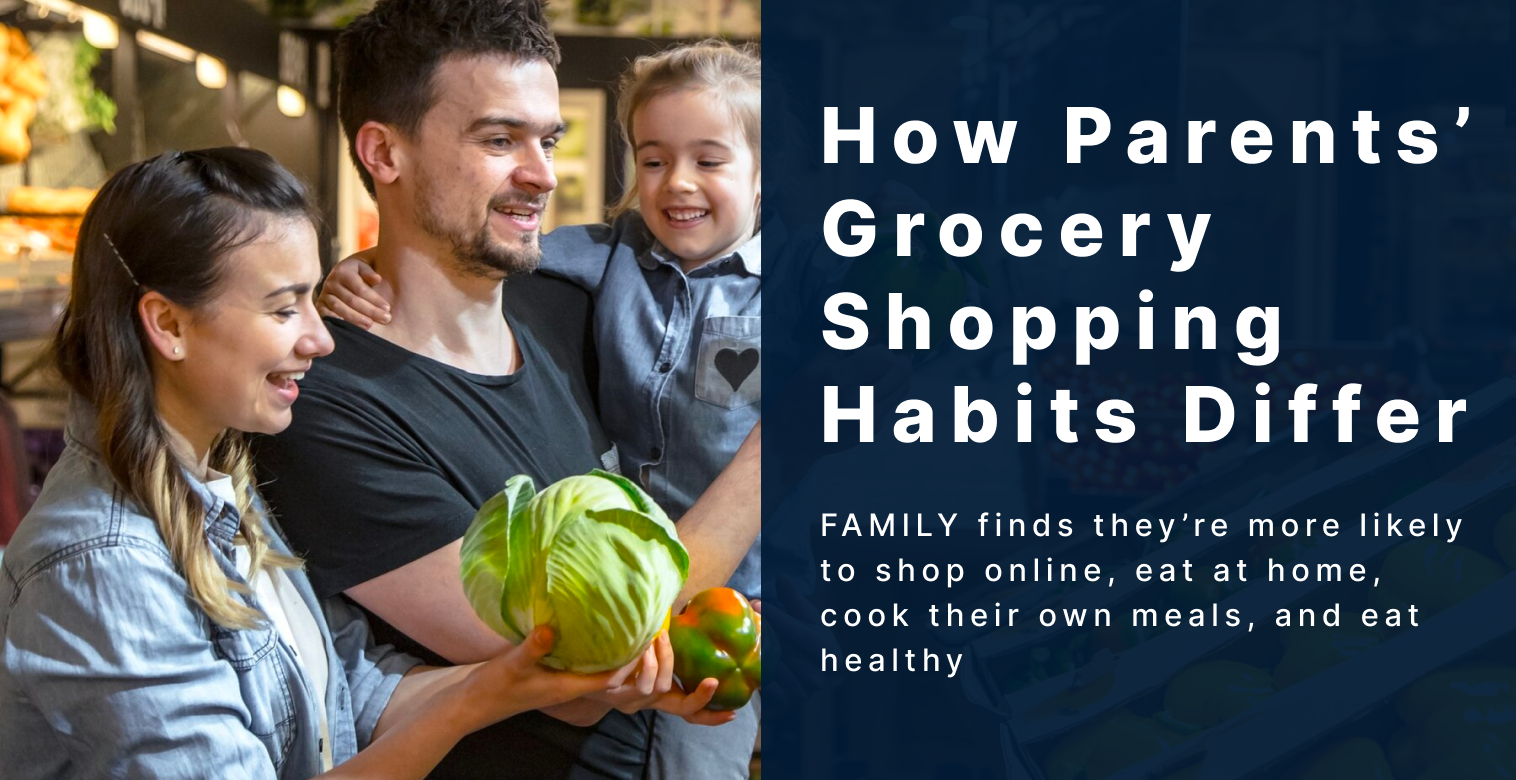How Parents’ Grocery Shopping Habits Differ

Grocery shopping is a routine task that varies from person to person based on factors such as lifestyle, preferences, and, notably, parenthood. Parents, in particular, tend to approach grocery shopping in distinctive ways compared to individuals without children. This article explores the nuances of how parents' grocery shopping habits differ, shedding light on the unique considerations, challenges, and strategies that come into play.
One of the most apparent differences in parents' grocery shopping habits is the limited time they have available. Juggling work, childcare responsibilities, and other commitments often leaves parents with tight schedules. Consequently, they may adopt more efficient shopping strategies, such as creating detailed shopping lists, opting for online grocery shopping, or choosing stores with convenient layouts to streamline the process.
Budgeting and Cost Considerations:Parents are typically more budget-conscious when it comes to grocery shopping. With the financial responsibilities of raising a family, they often seek ways to maximize their spending power. This may involve using coupons, taking advantage of discounts and promotions, or opting for generic or store-brand products to save money without compromising on quality.
Health and Nutrition Priorities:The nutritional needs of a growing family often influence parents' grocery shopping habits. Parents may be more inclined to prioritize fresh produce, whole foods, and nutritious snacks for their children. Label reading becomes a common practice as they pay attention to ingredients, nutritional information, and allergen warnings to ensure that the products they purchase align with their family's health goals here.
Meal Planning and Preparation:Parents are more likely to engage in meal planning and preparation as a means of ensuring their family's nutritional needs are met and to streamline the cooking process. This may involve buying ingredients in bulk, preparing meals in advance, or choosing versatile items that can be used in various recipes. Planning meals ahead also helps parents avoid last-minute, stress-induced purchases.
Involving Children in the Process:Parents often involve their children in the grocery shopping experience, turning it into a family activity. This not only provides an opportunity for children to learn about food choices and budgeting but also makes the shopping trip more enjoyable. Parents may allow children to contribute to the shopping list, make decisions about certain products, or even participate in the checkout process. Check out our latest webinar/podcast episode on mothers grocery shopping habits!
Brand Loyalty:
Parents may develop brand loyalties based on the preferences and needs of their family members. This loyalty may extend to products that are deemed reliable, kid-friendly, or have proven to be well-tolerated by their children. However, parents also remain open to trying new products that align with their values or offer perceived benefits for their family.
-1.png?width=2600&height=450&name=RetailMetrixLogo%20(1)-1.png)
